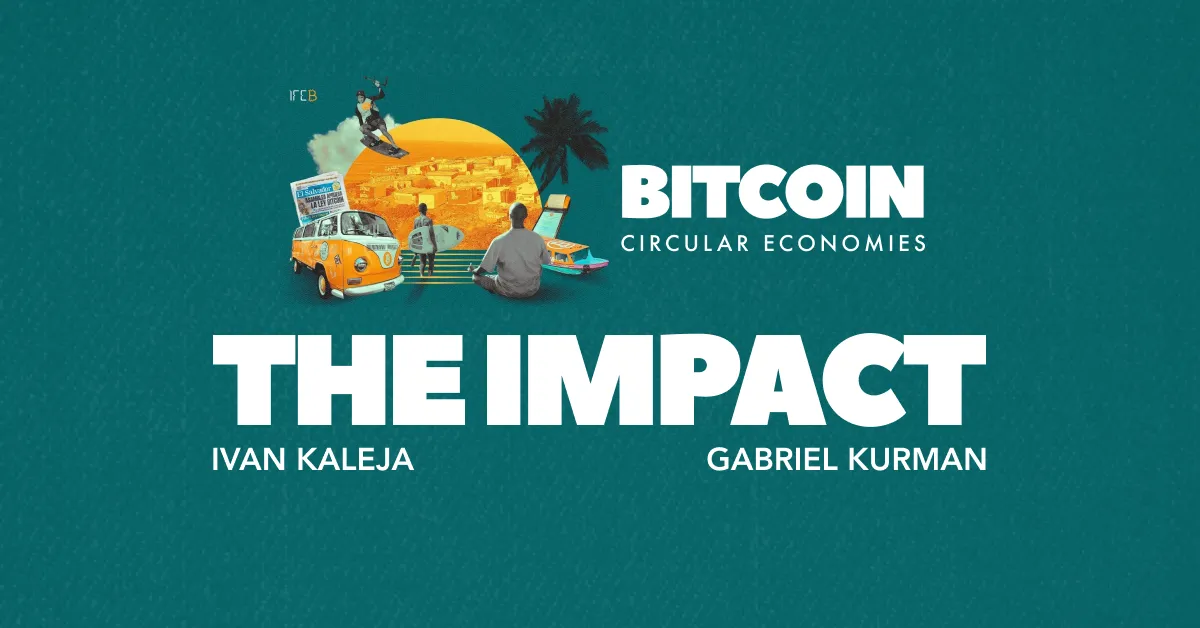
"On the contrary, Bitcoin, being a scarce asset, which tends to appreciate over time by cyclically cutting its issuance until the maximum limit of 21 million, is proving to reduce the time preference. As it appreciates over time, small savings in the present can generate significant future benefits, thus increasing the propensity to save and plan for the future. This simple fact has profound implications at a social level, because it reflects in greater investment in education, deeper human relationships or greater care for the environment."
"I see young people thinking about their future for the first time. This was not something we planned; it happened by surprise. We started to see them save. Kids who had never had more than five dollars in their lives now have a couple hundred dollars in Bitcoin, which they saved to make a repair to their parents' house or buy a new cell phone."
Bitcoin's scarcity and programmed supply reductions lower time preference by increasing expected future value and reducing uncertainty. Unlimited fiat issuance and persistent inflation raise time preference, encouraging present consumption instead of saving. In El Zonte, young people began saving Bitcoin, accumulating amounts they previously never held and using savings for household repairs or phones. These shifts toward saving and planning foster greater investment in education, deeper human relationships, and increased environmental care. Small present savings gaining future value created a virtuous circle of saving, investment, and community improvement.
Read at Bitcoin Magazine
Unable to calculate read time
Collection
[
|
...
]